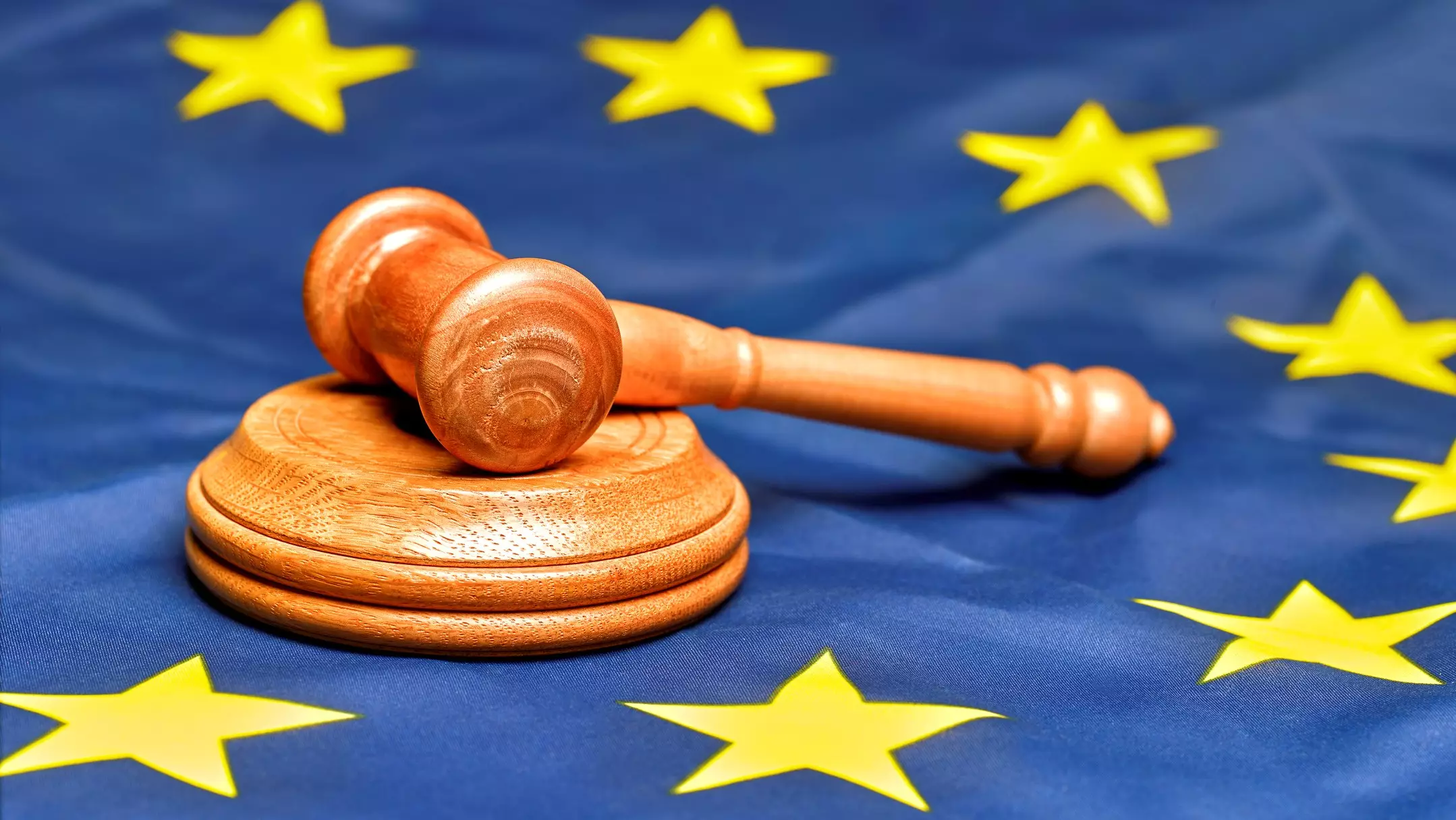The recent findings by the European Commission, which revealed that both tech giants Apple and Meta have infringed upon the Digital Markets Act (DMA), serve as a stark reminder of the delicate balance between corporate ambition and regulatory compliance. The hefty fines totaling €700 million—€500 million for Apple and €200 million for Meta—underscore the importance of adhering to new digital regulations intended to protect consumers and promote fair competition. However, the implications extend far beyond mere financial penalties; they reflect a growing unease within the European Union concerning the unchecked power wielded by these tech behemoths.
Apple’s transgression revolves around the anti-steering provisions embedded in the DMA, which require platforms to allow developers the freedom to present users with alternative purchasing options outside their main ecosystem, specifically the App Store. This is crucial for fostering a competitive environment where developers can thrive without stranglehold restrictions. The Commission’s findings elucidate significant shortcomings in Apple’s compliance, as the company has actively limited developers’ abilities to communicate cost-effective alternatives directly to consumers. Such actions not only suppress innovation but also hinder consumers from benefitting from potentially lower prices and alternative services.
Meta’s issues are equally troubling, centering around what has been termed a “consent or pay” model for advertising on platforms like Facebook and Instagram. By averaging billions of users and presenting them with a binary choice—either agree to personal data collection for personalized ads or pay a subscription fee—Meta’s approach does not provide a meaningful option for users who would prefer an ad experience that utilizes less of their personal data. This cookie-cutter model disregards the nuances of user choice and undermines the DMA’s purpose of ensuring that consumers have real agency over their digital privacy.
The Fines: A Flea Biting the Elephant?
While the European Commission’s fines are designed to act as a deterrent, they can also seem inconsequential in light of the astronomical revenues generated by both companies. Meta reported a staggering $164.5 billion in annual revenue while simultaneously grappling with severe losses in its Reality Labs division. Apple, too, is riding high with a first-quarter revenue report of $124.3 billion, making the $500 million fine essentially pocket change.
This raises pointed questions regarding the effectiveness of regulatory actions when dealing with corporations that operate on such a grand scale. One could argue that these fines lack teeth; they are more akin to a slap on the wrist rather than the wake-up call that regulators might be hoping for. If these penalties fail to shake the corporate culture within these companies and instill a sense of accountability, it reflects a deeper systemic issue: the challenge of holding mega-corporations accountable in a rapidly evolving digital landscape.
The Regulatory Landscape: A Call for Stronger Measures
The European Commission’s actions are commendable, yet they highlight an urgent need for more robust regulatory frameworks capable of dealing with the complexities of modern tech companies. Existing laws must evolve to keep pace with the innovations and practices of firms like Apple and Meta, which often operate in gray areas that exploit loopholes in outdated legislation. These corporations have teams of legal experts meticulously planning their compliance strategies, meaning regulations must be not only stringent but adaptable and forward-thinking.
In the grand scheme of things, consumer protection and fair competition should be paramount. Regulators must ensure that new policies empower users over tech giants. For example, fostering a clearer understanding of user consent and data usage can lead to an industry standard where consumer rights are at the forefront, rather than an afterthought. Consequently, it is imperative that regulatory bodies gain insights from these enforcement actions to refine enforcement strategies and ensure that violations will truly result in consequences that matter.
As we continue to scrutinize the actions of Apple, Meta, and their peers, it is critical to recognize that this moment marks a pivotal turning point. The European Commission’s resolve to enforce the DMA indicates a future trend of stringent oversight of digital markets—one that champions consumer choice, fair competition, and corporate accountability in a rapidly changing landscape. It’s a call to action for both regulators and corporations: ensure that the digital future is built on principles that serve the user, rather than solely corporate interests.


Leave a Reply